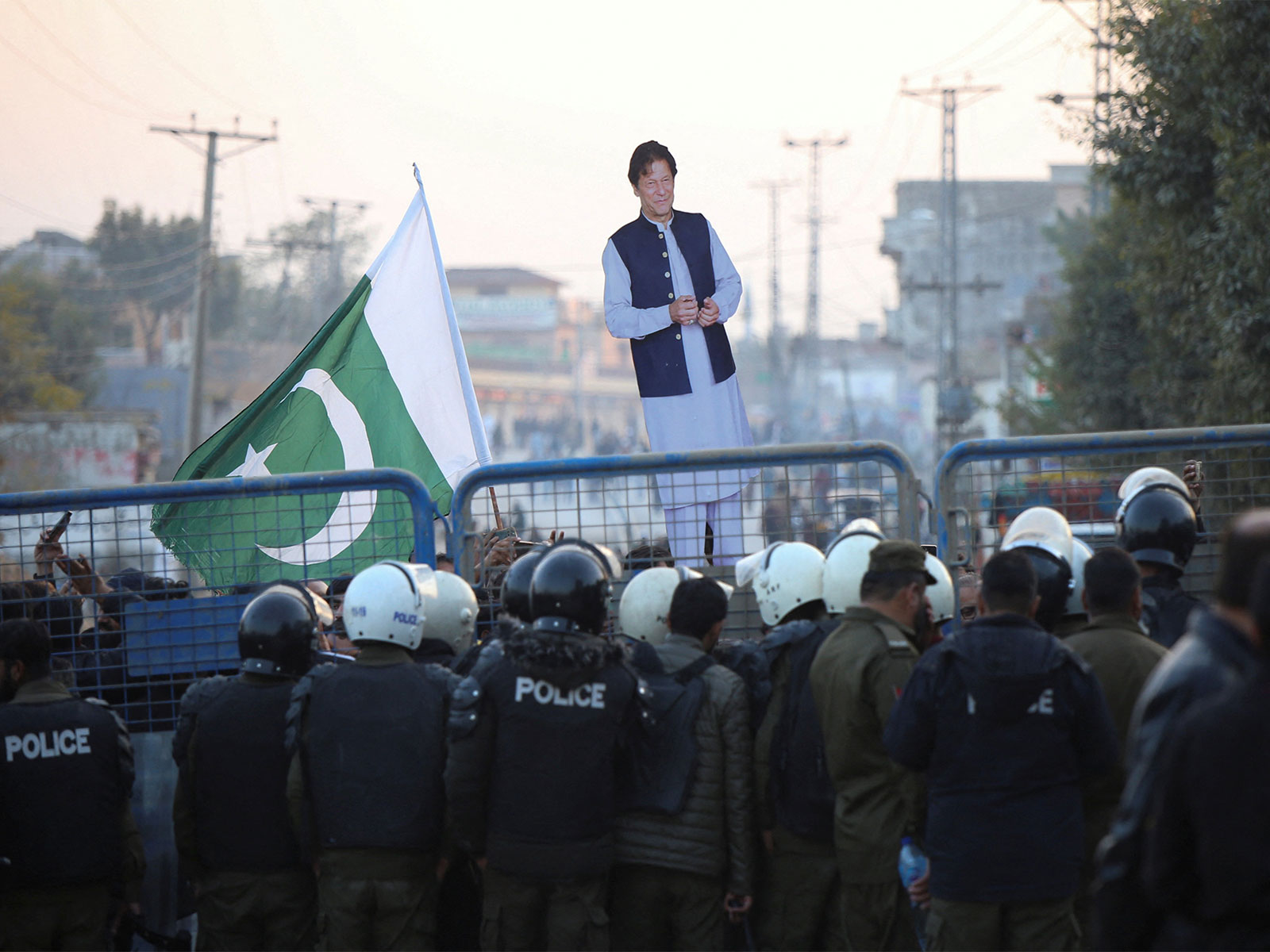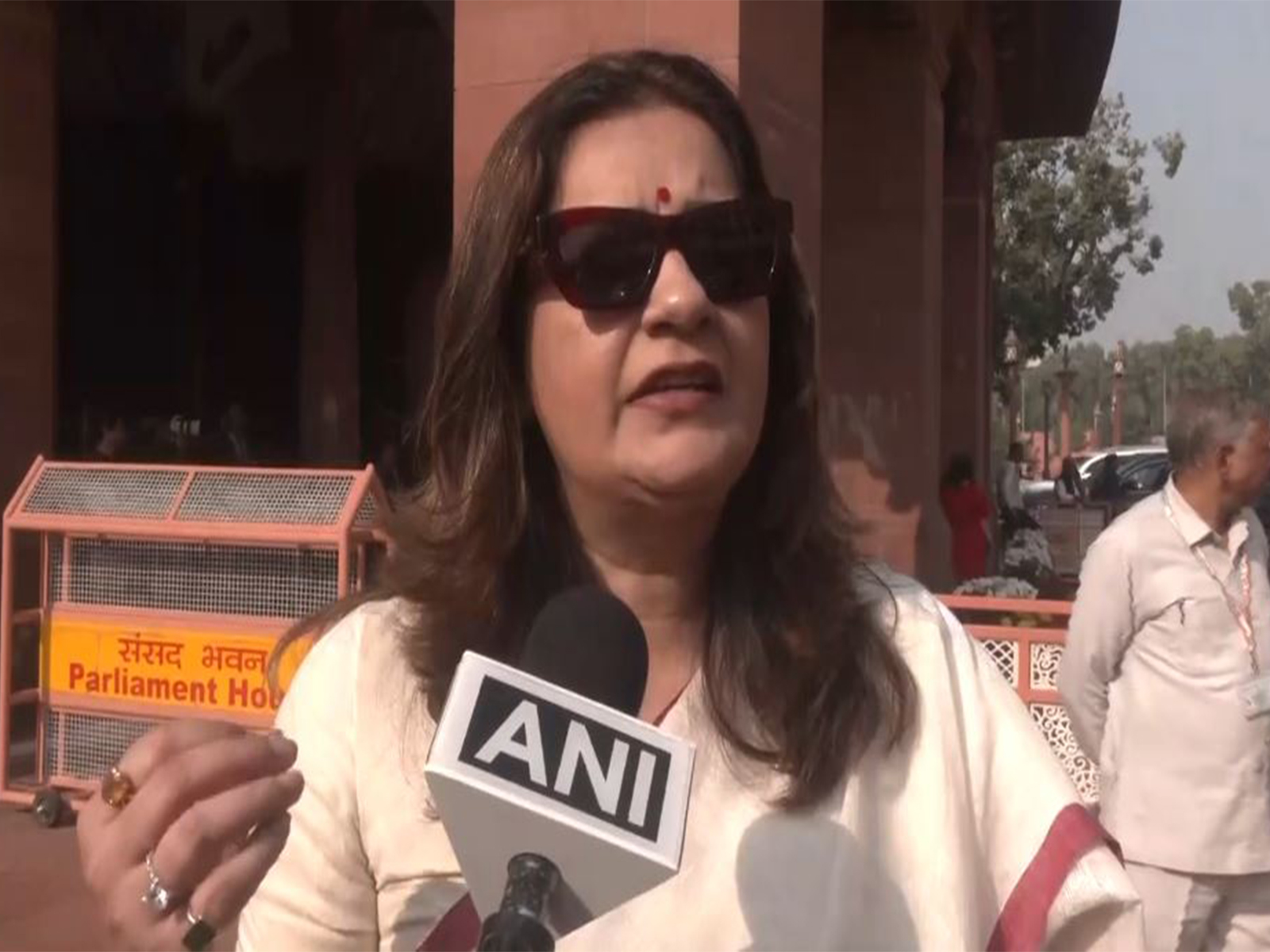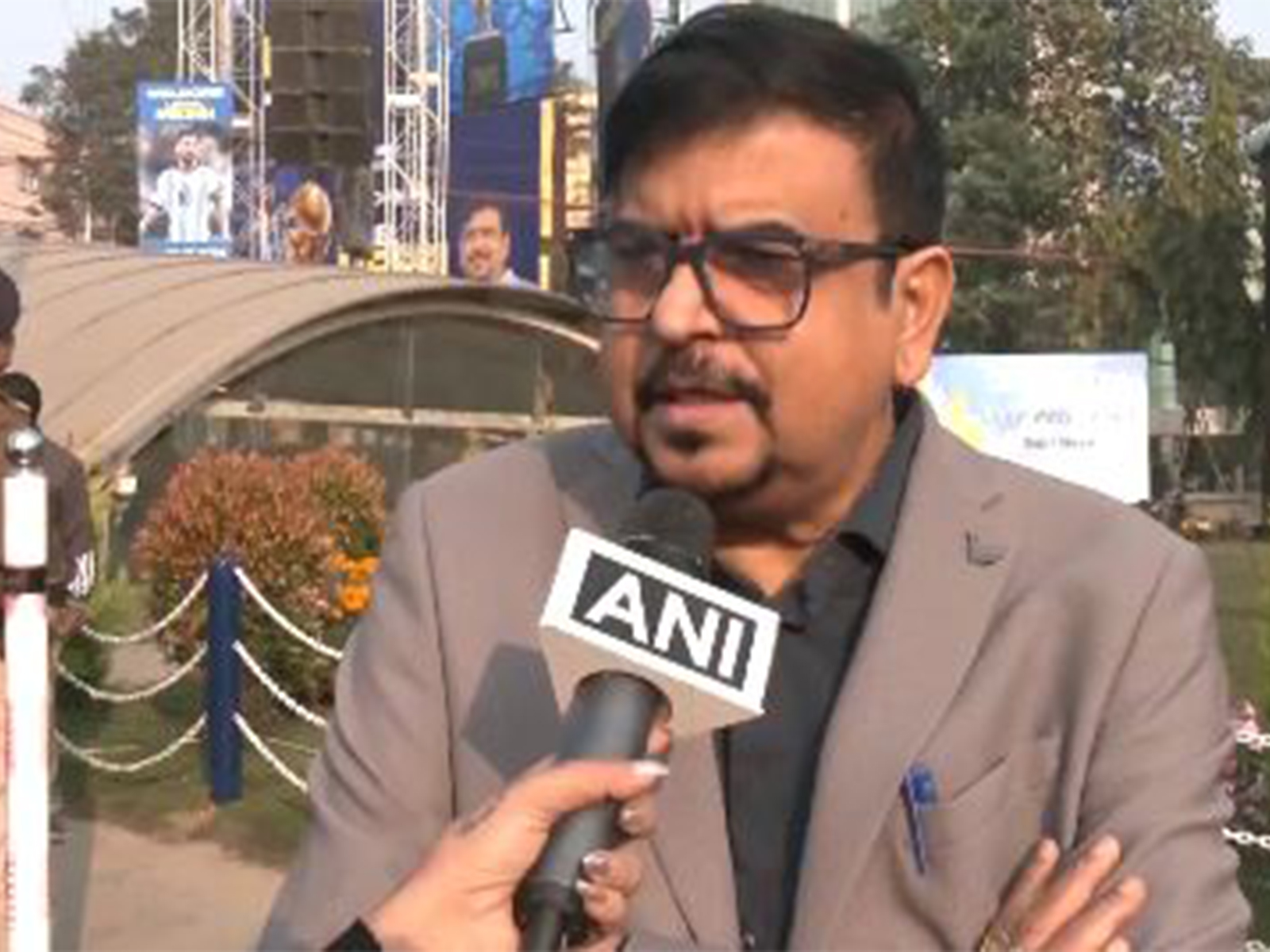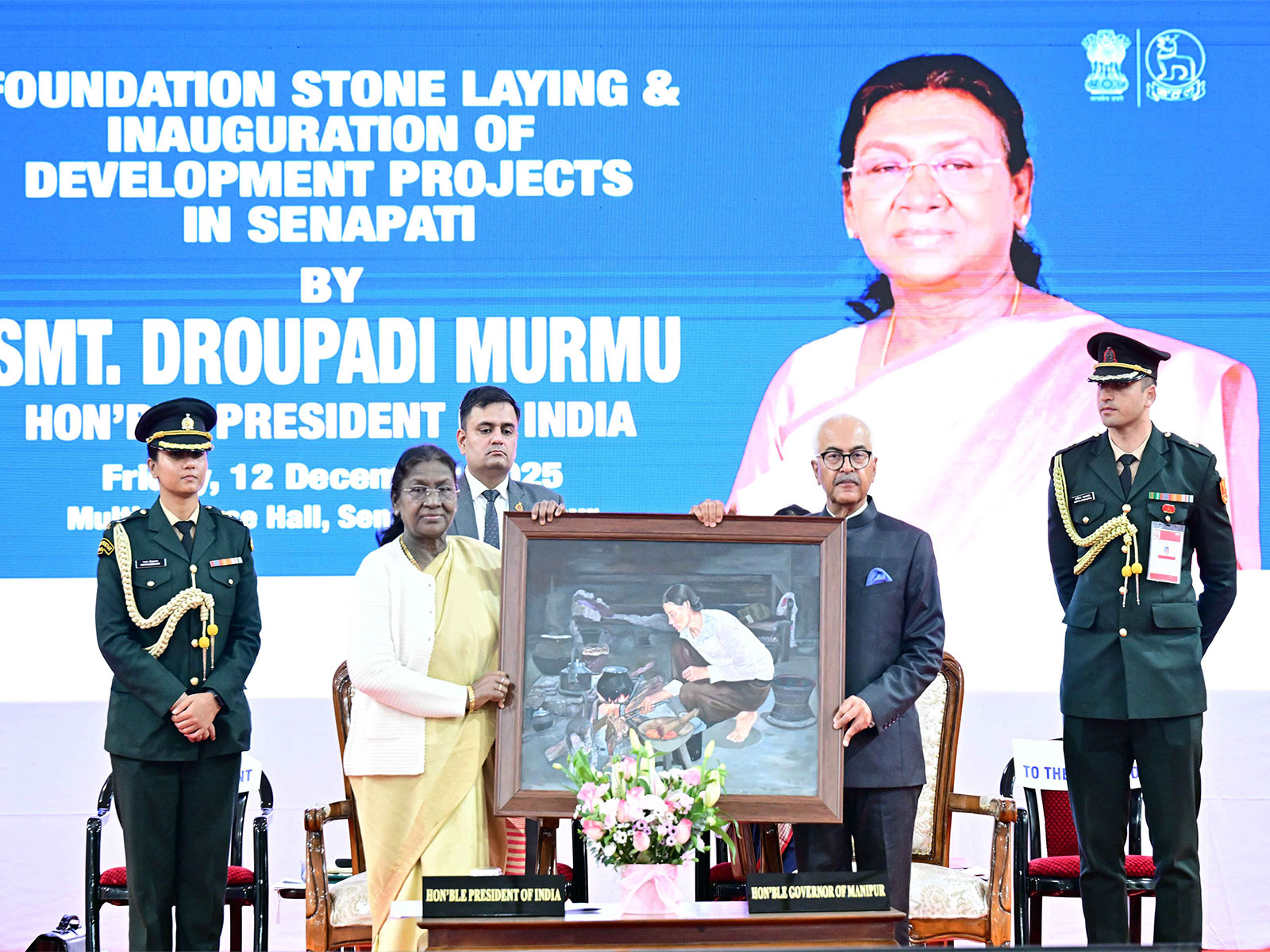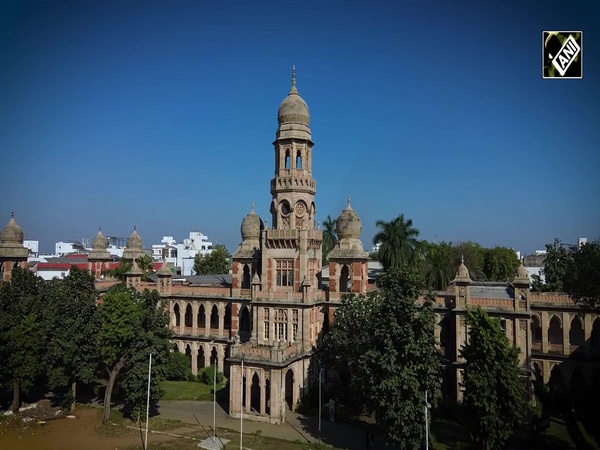Kazakhstan President approves National Action Plan to implement reforms promised in state of nation address
Apr 19, 2022

Nur-Sultan [Kazakhstan], April 19 : Kazakhstan President Kassym-Jomart Tokayev has decreed to approve the National Action Plan to implement the reforms promised in his March 16 state of the nation address "New Kazakhstan: The Path of Renewal and Modernization".
Proposing Constitutional reforms to limit the powers of his office, Tokayev last month had said the Central Asian Country needs to switch from "super presidential" rule to political modernization with a focus on the role of citizens in governing the state, including through electoral processes.
With an aim to create "New Kazakhstan", Tokayev had presented a programme of comprehensive modernization based on what he described as long-standing public demand for radical changes.
As noted by the President previously, the implementation of the initiatives outlined in the state of the nation address will require approximately 30 amendments to the Constitution and the adoption of more than 20 laws before the end of the year. While the majority of the changes will be implemented by December 2022, numerous changes to the legislation and the Constitution will be made throughout this year, including by April, June and August.
The plan, approved by the March 29 presidential decree, not only sets concrete deadlines for implementing the reforms through various legal acts but also defines clear responsibilities of state bodies for meeting those deadlines.
Kazakhstan Embassy said in a release that the plan covers ten key areas, which were initially outlined in the address. They comprise limiting the powers of the President, including termination of his/her membership in a political party for the period of their term of office, prohibition for close relatives of the President to hold senior positions of political civil servants and senior positions at the quasi-public sector, etc.
Another major area is improving the electoral system, which includes switching to a mixed electoral system. Changes to the legislation will also be made to expand opportunities for the development of the party system in the country, including simplifying registration procedures for political parties.
Amendments will also be made to the Constitution to modernize and improve the electoral process. In addition, the National Plan outlines measures to strengthen human rights institutions through changes to the legislation and the Constitution, which will result in the establishment of the Constitutional Court, expansion of categories of cases subject to a jury trial, the exclusive jurisdiction of the Prosecutor General's Office in cases of torture, among several other major initiatives.
As outlined in the state of the nation address, other areas that will undergo significant reforms include improving the competitiveness of the media and strengthening the role of civil society institutions, improving the administrative-territorial structure of Kazakhstan, decentralizing and delegating more power to local government, as well as implementing priority anti-crisis measures. The latter entails taking measures to prevent shortages and rise in food prices and developing a new package of structural reforms in the economy and public administration.
The Decree, which is dated March 29, also notes that the government will first report on the implementation of the National Plan to the Administration of the President of Kazakhstan by January 25 of next year.
On March 16, Tokayev delivered his address to the nation, "New Kazakhstan: The Path of Renewal and Modernization".
He had outlined significant political reforms and initiatives aimed at further transforming and modernizing the country. These reforms form the basis of a New Kazakhstan and are building up on the previous packages of political reforms that were initiated by the President since his election in 2019.
